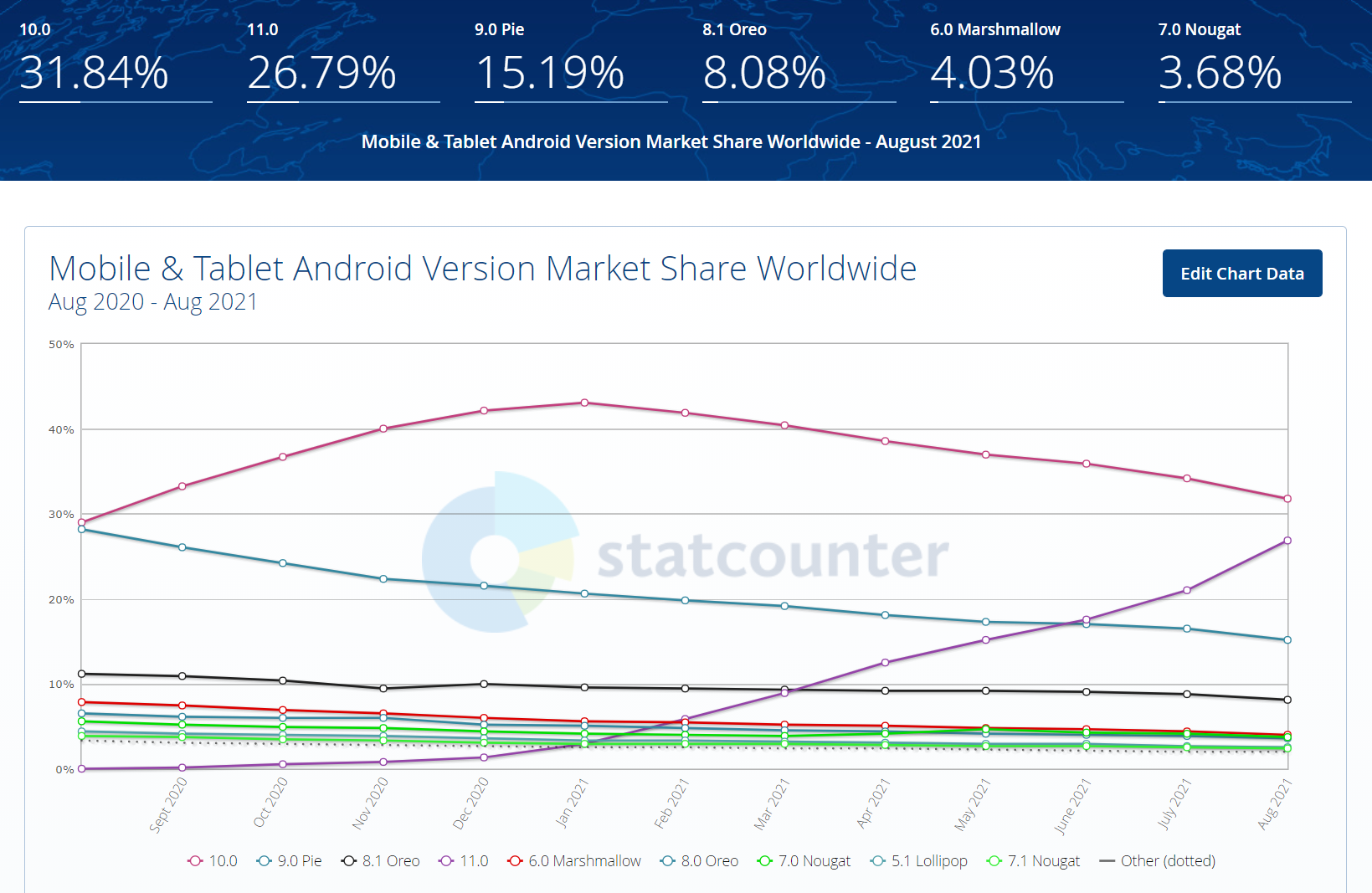A hot potato: There’s no arguing that phones are expensive gadgets. With many costing over $1,000, most people expect to keep them for many years, but security patches and updates only last a limited time. The German government thinks consumers should get a better deal and wants the European Union to require a seven-year period for both security updates and affordable replacement parts.
The EU is currently proposing that manufacturers be required to offer five years of security updates for their devices. German publication Heise writes that Germany believes this isn’t long enough and is pushing for a seven-year mandatory period for patches and affordable replacement parts.
Unsurprisingly, tech advocacy group DigitalEurope, whose members include Samsung, Apple, and Google, isn’t as keen on the proposals. It wants the current standard of three years of security updates for mobiles, which most Android manufacturers offer, to remain in place—Samsung recently extended this to four years, while Apple usually offers five years. It also wants the spare parts requirement limited to displays and cameras.

Image credit: statcounter
Holding onto phones for seven years should benefit consumers beyond the financial implications. Some users continue to stay on older operating systems long after they stop receiving security patches, leaving the handsets vulnerable to attacks. Moreover, the policy should lessen the environmental impact that comes from constantly upgrading to new devices.
Android Police notes that those living in Europe might not want to get too excited just yet. Germany is in the middle of an ongoing election right now, and this could be a rare case of politicians making promises they never keep once elected. But even if it doesn’t come to pass, the EU’s five-year rule could go into effect in 2023.

